The Independent's journalism is supported by our readers. When you purchase through links on our site, we may earn commission.
The 10 ancient classics every student should read
As students we’re buried in reading and assignments. But if you want to increase your knowledge, get out your comfort zone and entertain yourself, the original Classics aren’t a bad place to start

Your support helps us to tell the story
From reproductive rights to climate change to Big Tech, The Independent is on the ground when the story is developing. Whether it's investigating the financials of Elon Musk's pro-Trump PAC or producing our latest documentary, 'The A Word', which shines a light on the American women fighting for reproductive rights, we know how important it is to parse out the facts from the messaging.
At such a critical moment in US history, we need reporters on the ground. Your donation allows us to keep sending journalists to speak to both sides of the story.
The Independent is trusted by Americans across the entire political spectrum. And unlike many other quality news outlets, we choose not to lock Americans out of our reporting and analysis with paywalls. We believe quality journalism should be available to everyone, paid for by those who can afford it.
Your support makes all the difference.They’re probably there somewhere, quite far down on your reading list, saved for the rainiest of days if ever the Internet cuts out.
But if you don’t pick up the ancient classics – some of Europe’s earliest and arguably best works in fiction, history, philosophy, and theatre – now, you probably never will.
From the words behind the Greek myths that mystified us as children to the inner sanctum of twisted emperors via proto-feminist political dissent, the Roman and Greek classics have it.
These writings have played an important role in the development of English literature, which is nice, but to make this list they had to be genuinely interesting to read.
You can broaden your horizons and be entertained, no suffering allowed. Or at least have something impressive to pose with on the bus to uni.
We also have you covered with which edition to buy to avoid unreadable translations – thank us later.
1. The Odyssey, by Homer
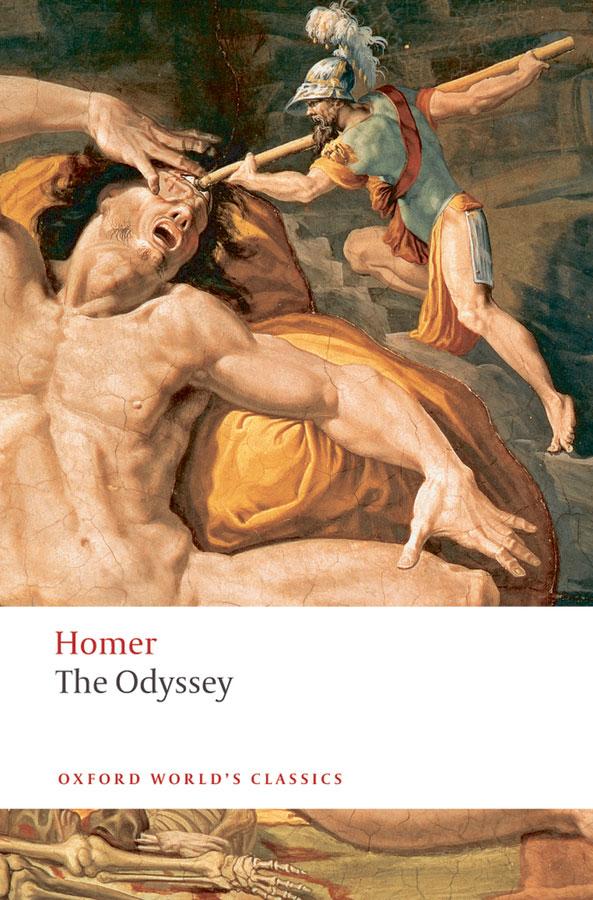
Many people are more familiar with Homer’s Iliad - partly because of the film Troy, and the goings on of the Trojan War - than those of Odysseus’s journey back to Ithaka.
But this is so much more than another exciting and bloody adventure. Its characters blind a cyclops and get turned to pigs, but the poem also asks big questions about human motivation.
What is it to come of age in ancient Greece, in the case of Odysseus’ son Telemachus? Does Odysseus even tell the truth when he narrates his successes? Is he justified in the brutal slaughter of the men courting the dutiful Penelope?
The answers are up to us.
Oxford World’s Classics, £5.59, Amazon
2. Medea, by Euripides
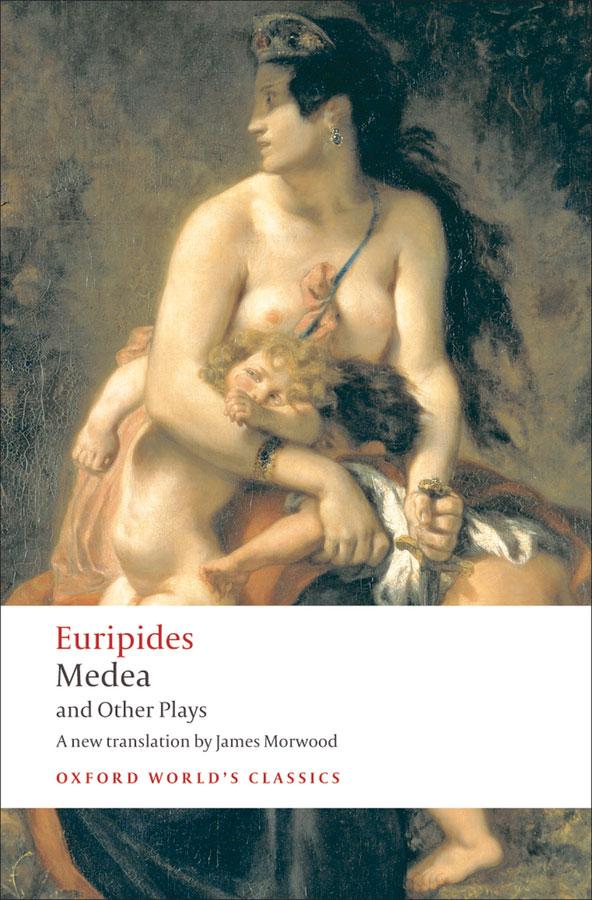
People have been divided for two and a half thousand years over the Greek Tragedy of Medea. Was she a heartless mother that killed her children without hesitation or an abused wife taking the only option open to her?
It’s a terrible situation and where in the middle she falls is impossible to fully justify. The confrontations in Euripides play crackle with sinister power. It’s been often-copied but never paralleled.
Oxford World’s Classics, £5.59, Blackwell’s
3. Hippolytus, by Euripides
A rarely performed Greek Tragedy that deals with topic of misogyny, guilt, and the bonds within families.
Hippolytus the (anti-)hero is virginal and devoted to the hunter goddess Artemis but, it turns out at the very start with a chilling speech by the goddess of love, Aphrodite, he is due a terrible downfall for his rejection of her.
The play is one of the best examinations of how people and actions can fit in a morally grey area, with everyone and no-one to blame at the same time.
For edition, see Medea (above)
4. Antigone, by Sophocles
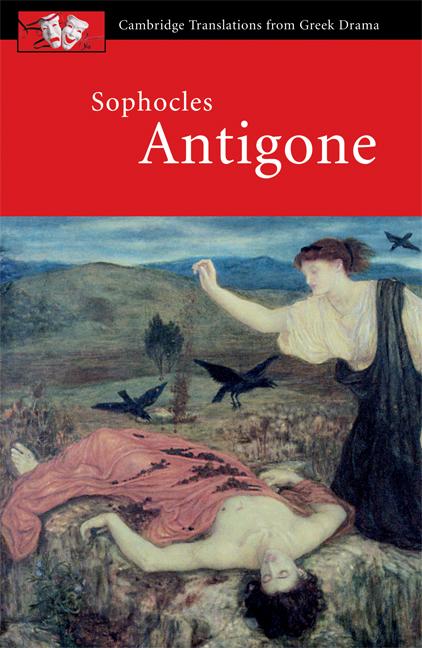
The Greek Tragedy of Antigone sets up the family in conflict with the state, when Antigone buries her brothers, who are traitors to their city of Thebes, against the orders of the King.
Civil disobedience, gender and familial ties are examined. Everyone loses everything. Another cheery day in the Athenian theatre, but a cracking read nonetheless.
Its performance in 2014 by Syrian women in a refugee camp in Beirut is a testament to its ongoing power.
Cambridge Translations from Greek Drama, £8.25, Blackwell’s
5. Lysistrata, by Aristophanes
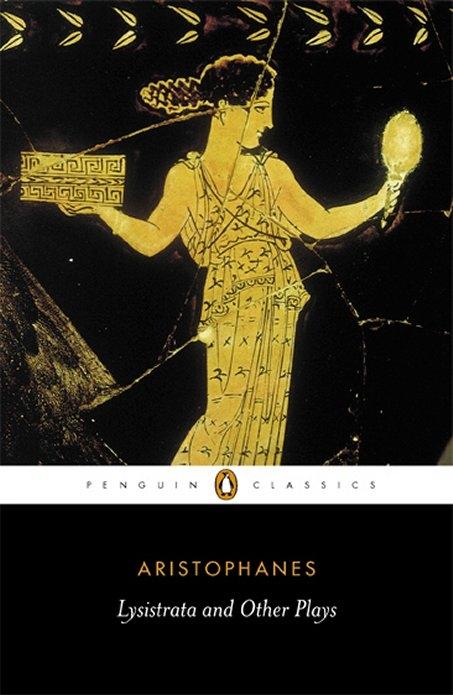
A particularly influential comedy from 5th C BC Athens’ foremost comic playwright, in which the hero Lysistrata leads the women of Athens in a protest that involves the women denying sex to the men until peace with Sparta is established.
Throughout history this has actually been repeated, and it even reportedly influenced Spike Lee’s recent film Chi-Raq. It is true that Ancient Greek comedy is bizarre to read.
There’s no getting around it. You have to ignore the political in-jokes (mostly about how male politicians are vulgar and/or effeminate). The wit of the story is powerful enough.
Penguin, £9.99, Blackwell’s
6. Meno, by Plato
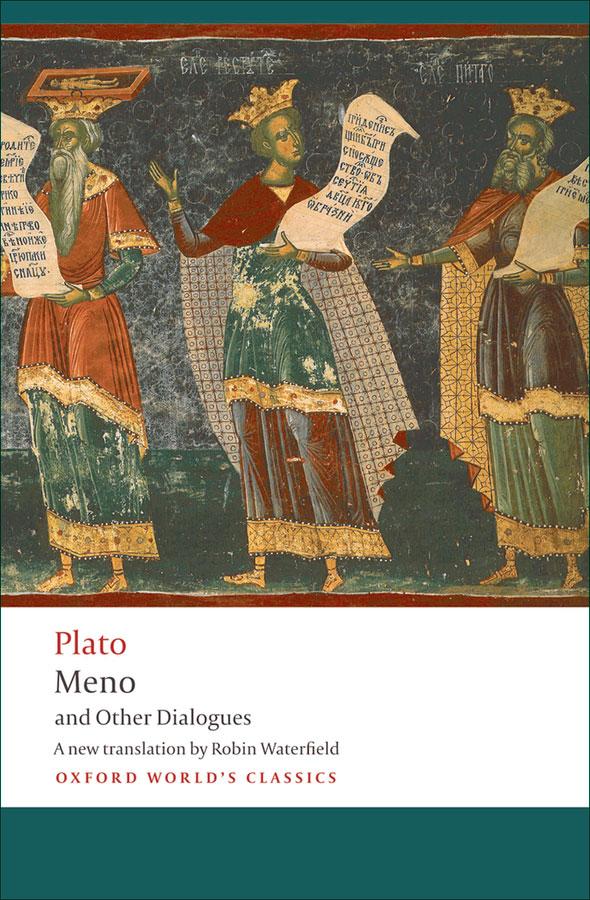
Meno asks Socrates whether “virtue” can be taught. So starts a wide-ranging dialogue between the two men, brought to life with Plato’s imagination and characterisation.
There are some odd bits. Particularly when a slave being able to intuit geometrical answers after leading questioning shows that he actually knew everything in past lives and just needs to “recollect” it.
If you want to get into good, old-fashion, argumentative philosophy with enjoyable characterisation and the occasional dodgy argument you can feel good about disproving, this is a great dialogue to come to from an undisputed philosophical great.
Oxford World’s Classics, £5.59, Blackwell’s
7. The Histories, by Herodotus
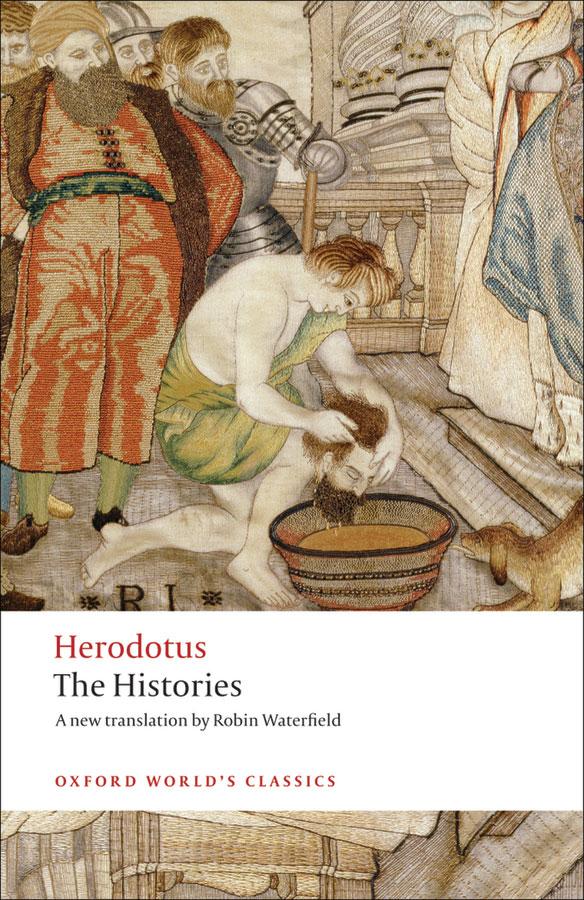
Don’t go into this expecting it to be a clear, chronological and factual account of history. But it is all the better for it.
Herodotus calls it the result of his ‘inquiry’ into the war between Persia and Greece that happened early in the 5th Century BC. He is as likely to describe the eating habits of an Ethiopian tribe he has heard about as he is to describe what a statesman looked like.
It adds up to an eccentric but fascinating account by a father of the history genre.
Oxford World’s Classics, £6.99, Blackwell’s
8. The Poetics, by Aristotle
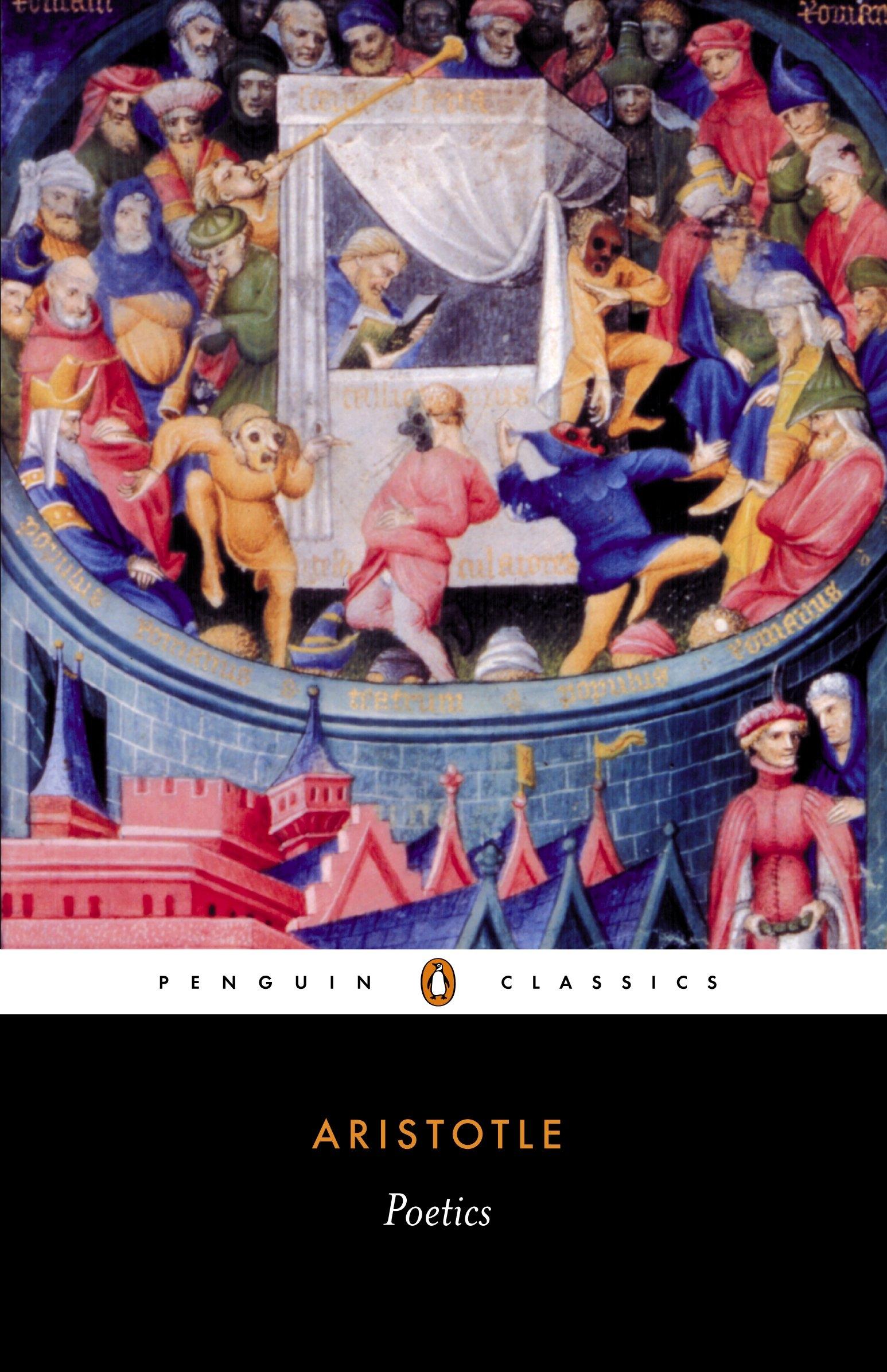
A short and easy way into literary criticism from one of Greece’s finest polymaths. Some of it very out of fashion now, some of it brilliant.
His accounts of tragic reversal and the “tragic flaw” have dominated discussions of theatre and are worth reading in the original, especially as they’re often misunderstood.
Penguin, £8.99, Amazon
9. The Metamorphoses, by Ovid
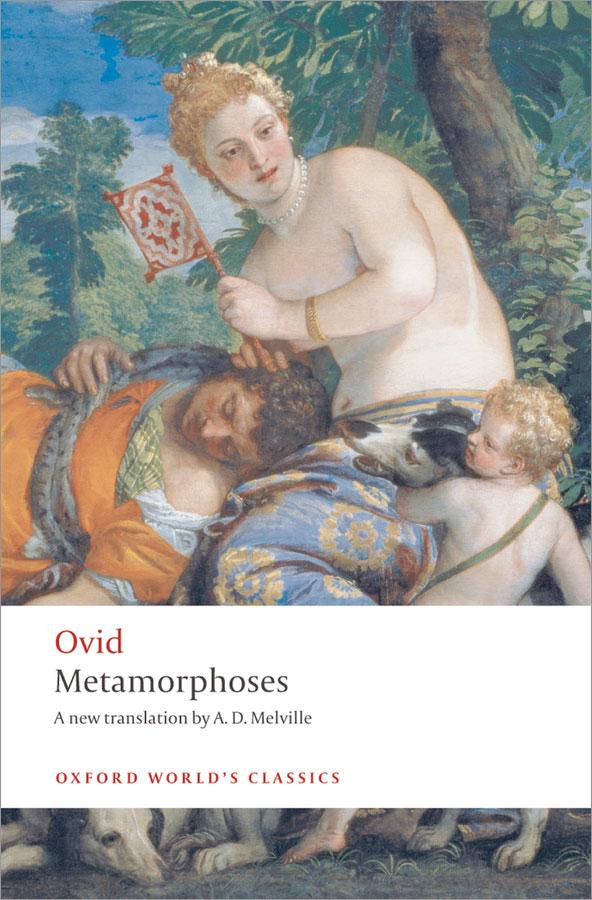
A real joy of interwoven stories about changes from a Roman poet. If you ever read Greek myths when you were young, this is probably where they were from.
The Metamorphoses inspired a lot of the renaissance painters, so it comes in useful in multiple cultural areas. Some of the stories are dark, with daughters falling for fathers, and lover betraying lover.
Oxford World’s Classics, £8.99, Amazon
10. The Satyricon, by Petronius
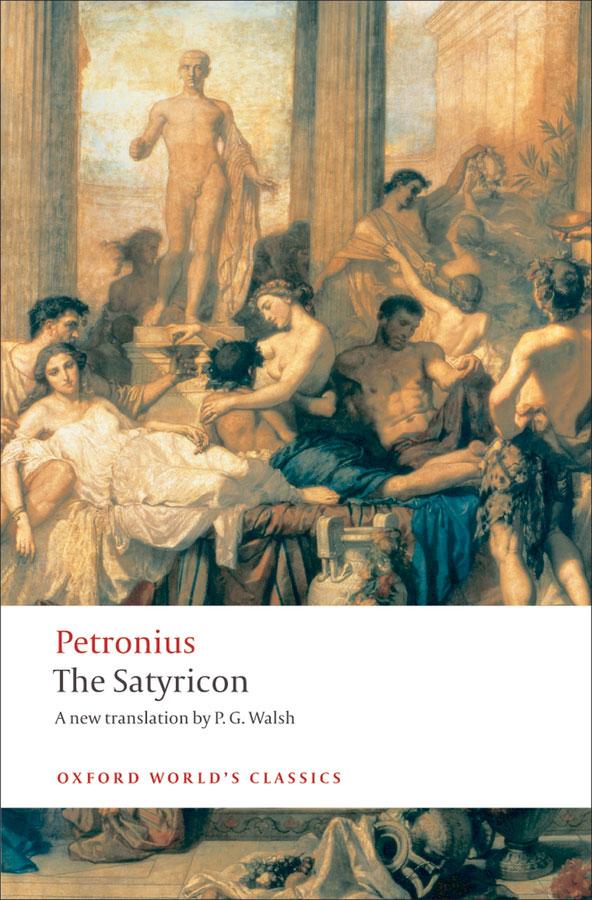
This work takes aim at all classes of Roman society, with the most famous part being ‘Trimalchio’s Dinner’, where a member of the nouveau riche is mercilessly mocked for his unrefined tastes.
A deeper look at class divides in 1st C AD Rome, which bears some resemblance to modern Britain in the attitudes.
The amount and types of food they consume is also both revolting and fascinating. The atmosphere is basically an adult Horrible Histories.
Oxford World’s Classics, £7.02, Amazon
Join our commenting forum
Join thought-provoking conversations, follow other Independent readers and see their replies
Comments